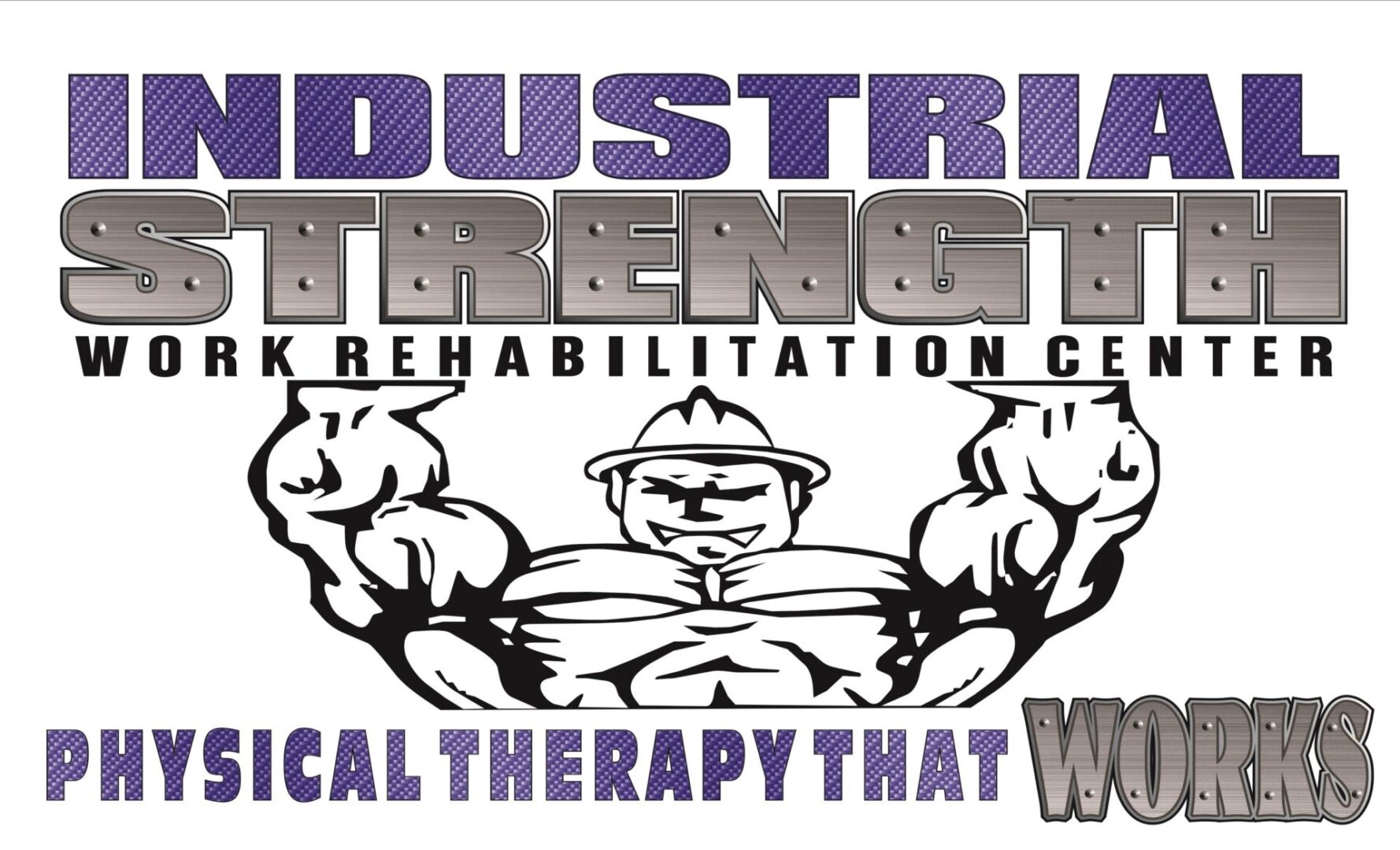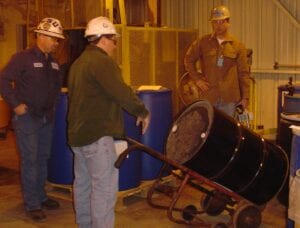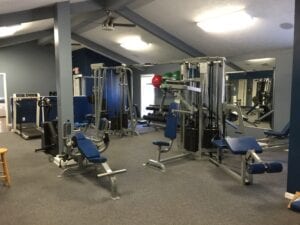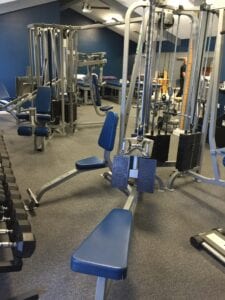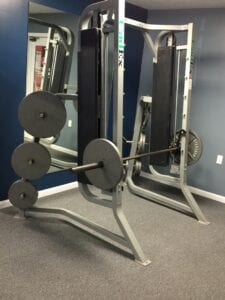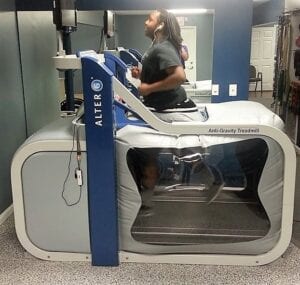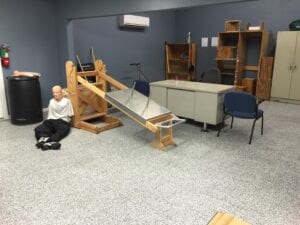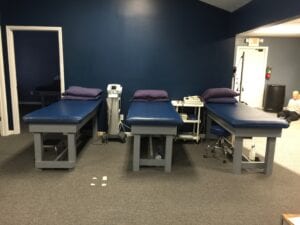FOR MEDICAL PROFESSIONALS
WHY PHYSICAL THERAPY?
“LBP was a prevalent issue among service members with deployment-related injury and was associated with worsened mental health outcomes and quality of life. Health care providers and researchers in multiple disciplines should consider the complex relationships between pain and mental health in order to further optimize treatment outcomes.”
Watrous, J.R, McCabe C.T., Jones, G., Farrohki, S. , Mazzone, B., Clouser, M.C, and Galarneau, M.R. (2020). Low back pain, mental health symptoms, and quality of life among injured service members. Health Psychology, 39(7), 549-557.
“Low back pain continues to be a common occupational disease for health care workers. The health issue would also have an important impact on their job and quality of healthcare as well. In order to decrease low back pain, healthcare workers should be included in a specific education program.”
Zahra, N., Sheha E., Elsayed H. (2020). Low back pain, disability and quality of life among health care workers. International Journal of Pharmaceutical research and Allied Sciences, 9(2):34-44.
“In addition to pain intensity, we recommend that clinicians should consider assessing the multi-dimensional nature of chronic low back pain by including physical (disability, muscular strength and endurance, performance in ADLs, and body composition), psychological (kinesiophobia, fear-avoidance, pain catastrophizing, pain self-efficacy, depression, anxiety, and sleep quality), social (social functioning and work absenteeism), and health-related quality-of-life-measures, depending on what is deemed relevant for each individual.”
Tagliaferri, S., Miller, C., Owen, P., Mitchell, U., Brisby, H., Fitzgibbon, B., Masse-Alarie, H.(2020). Domains of chronic low back pain and assessing treatment effectiveness: a clinical perspective. Pain Practice, 20(2): 211-225.
DISABILITY
As the American population continues to age, requests for disability assessment are becoming more common. The paperwork can be complex and, at times, very specific to functional limitations. WE ARE HERE TO HELP! We can perform an independent assessment of functional ability and send you the objective information required to complete the disability process. Call us for more info!
WORKMAN’S COMP
Pre and Post-Op Care
There are many documented benefits to physical therapy care. We work with the patient, employer, and health care team to provide appropriate timelines for return to work and document all functional gains. We further facilitate light duty accommodations in order to adjust the patient back into the work environment.
Work Conditioning
“There is a positive and significant longitudinal relationship between vocational rehabilitation with additional work module, compared to VR without additional work module, on work participation of patients with chronic musculoskeletal pain and sick leave from work.”
Beemster, T., Van Bennekom, C., Van Velzen, J., Frings-Dresen, M., Reneman, M. Vocational rehabilitation with or without work module for patients with chronic musculoskeletal pain and sick leave from work: longitudinal impact on work participation. Journal of Occupational Rehabilitation, 202
Work conditioning is an intensive, goal-oriented treatment program specifically designed to restore an individual’s systemic, neurological, Musculo-skeletal (strength, endurance, movement, flexibility, and motor control), and cardiopulmonary functions. The objective of the Work Conditioning program is to restore the client’s physical capacity and function to the extent that the client can return to work. It includes:
Who qualifies?
Client must be
Functional Capacity Evaluation
An FCE is an extended musculo-skeletal and functional assessment designed to help determine an individual's current physical capabilities in relation to a past or ongoing injury/disease process. It is an intensive short-term study of strength, flexibility, endurance, and general mobility. An FCE can be ordered by a physician, case manger, attorney, or employer. (All patient's must have a written release by the treating physician to participate in functional testing.) It can be used to establish a level of impairment, to quantify disability status, to determine return-to-work capabilities, or for other various medical/legal purposes. In summary, an FCE is a general medical evaluation incorporating non-specific activities to determine an individual's overall physical limitations/capabilities in regard to a medical condition.
Return-to-Work
“When can I go back to work?” “Is he/she released to full duty?” “Is light duty available?” These questions can be difficult to answer. Often limited information is provided. We currently work with 85 local companies and have the ability to go onsite in the industries. We know the exact job requirements and work with multiple local and national employers including:
